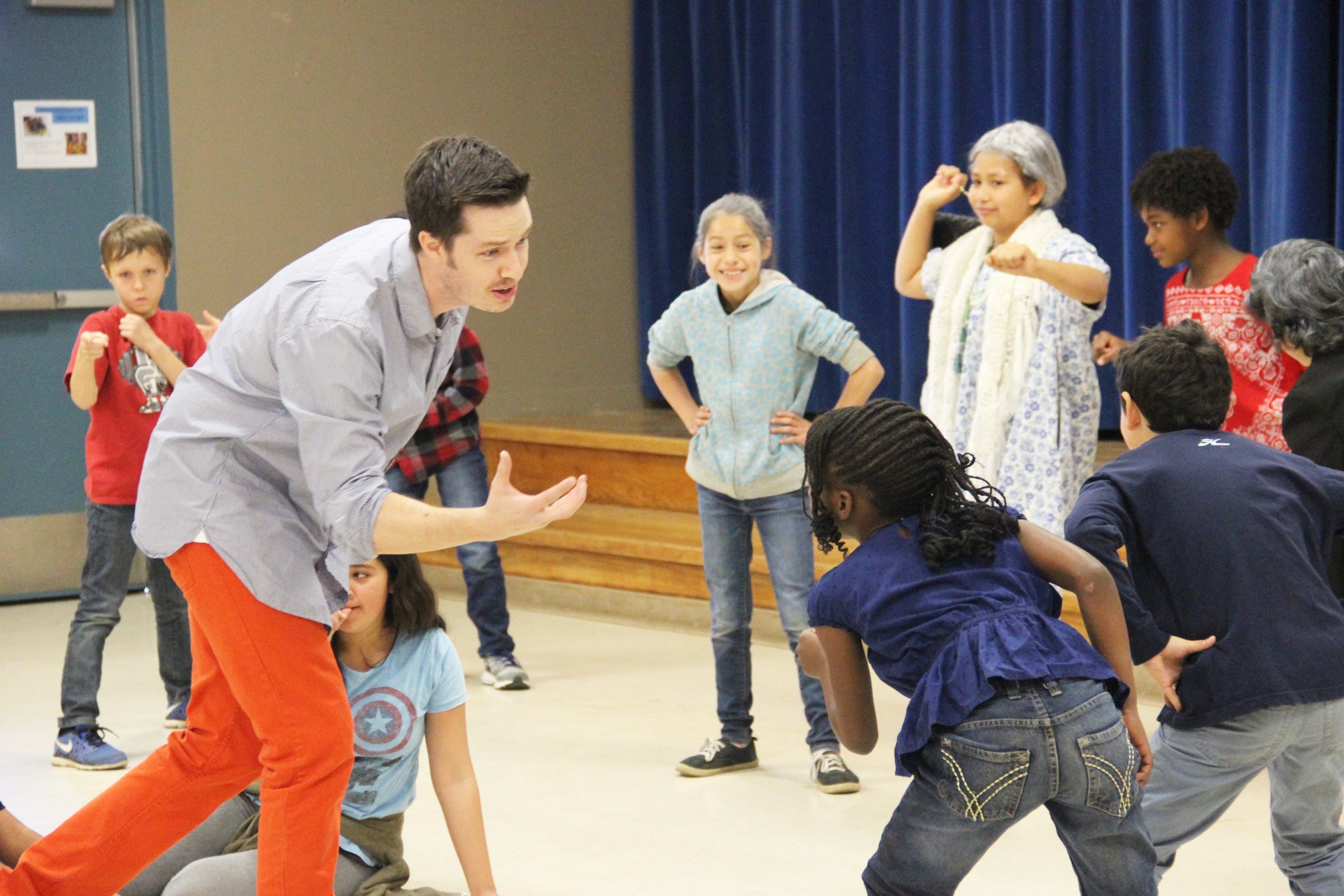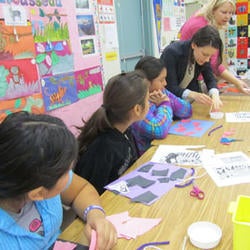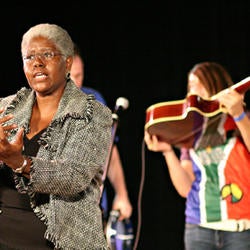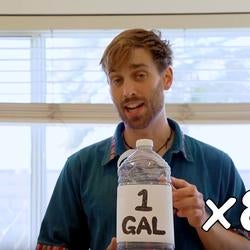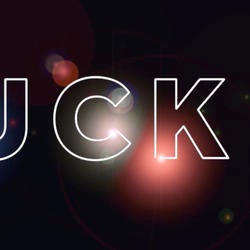Gluck Creative Classroom - Theatre, Film, Digital Production
Theatre Activities
Exploring Musical TheaterEvery few years, a new Disney or musical theatre earworm hooks its way into young children’s brains. Whether it’s “Let it Go” or “A Whole New World,” Disney and musical theatre songs are among the most prevalent music forms that children experience, often much to the chagrin of their parents. In this one-hour workshop targeted at elementary school students, I will teach students about musical theatre and Disney song forms, focusing on three musical theatre song conventions: the “I Want” song, the “Hypothetical Love” song, and the “Showstopper.” I will also invite them to develop their own vocal skills and confidence by singing along to famous examples from musical theatre history and Disney movies and vocal warmups and cooldowns. Downloads: |
|
Exploring Musical Theater and Disney Song Conventions |
Exploring Musical Theater - I Want Song |
Exploring Musical Theater - Warm-up and Cool down |
Theatre For Social Change (TFSC): An IntroductionTheatre For Social Change: An Introduction video by Esther Banegas Gatica Download Reading: Theatre For Social Change: An Introduction TFSC Activity Packet Link to Spanish version in Community Language |
|
Improvisational activities for groups |
|
Improvisation games for groups |
|
Improvisation games using GOTE acting principles |
|
Improvisation games to build teamwork and focus |
|
Improvisation games to improve students' listening skills |
|
Improvisational games to improve students' Improv skills |
|
Improvisation games to practice storytelling elements |
|
Teaches the structure of a fairytale motif and blends the tools and games of improv comedy |
|
Improvology - 4 Improv games |
|
3 games to improve improvised storytelling techniques |
|
Activities to rehearse Improv and acting |
|
Brain games to inspire confidence, imagination, and structure |
|
An activity to develop confidence |
|
Creative movement exercises to help young actors develop characters |
Film and Radio Activities
|
Sounds In The Air: How Sounds Can Help Construct The World In Films Sounds In The Air: How Sound Can Help To Construct The World In Film Download Readings: Sounds In The Air: Syllabus.pdf |
Sounds In The Air! Sounds in the Air! Download Reading: |
|
Learn stop motion animation |
|
Foley art: A group project where participants follow a script of the 3 Little Pigs and add sound effects |
READ ALL ABOUT IT!
|
Reading and speaking Shakespeare |
|
An introduction to the history of comedy on stage and screen |
About the UCR Department of Theatre, Film, and Digital Production
The UCR Department of Theatre staged its first performance in 1954 and the Department of Theatre is still committed to the idea that production is central to a theatre education. A full range of classes in literature, history, theory, acting, directing, design, technology, and writing inform and support a vigorous production program that engages students in every aspect of the theatre.
Majoring in the Department leads to a Bachelor of Arts degree in Theatre. Students begin their studies by examining all the elements of drama, production, and performance and then gradually focusing attention on a particular area of interest. For students whose goal it is to write for theatre, film, or television, the Department offers a Writing Track, which facilitates a concentration on playwriting and screenwriting while participating in and learning from the production program.
Each year, the Department of Theatre produces a full season of new and classic shows directed and designed by faculty and guest artists. Playworks, a regular part of the season, showcases the work of graduate and undergraduate writers in a weeklong series of new plays. In addition to participating in the season as actors, designers, directors, writers, technicians, and stage managers, students are also encouraged to write, direct, design, and produce their own shows.
The Department also offers a Master of Fine Arts in Creative Writing and Writing for the Performing Arts. This unique two-year program, offered in conjunction with the Department of Creative Writing, requires students to write in two different genres selected from fiction, creative non-fiction, poetry, screenwriting, and playwriting.
